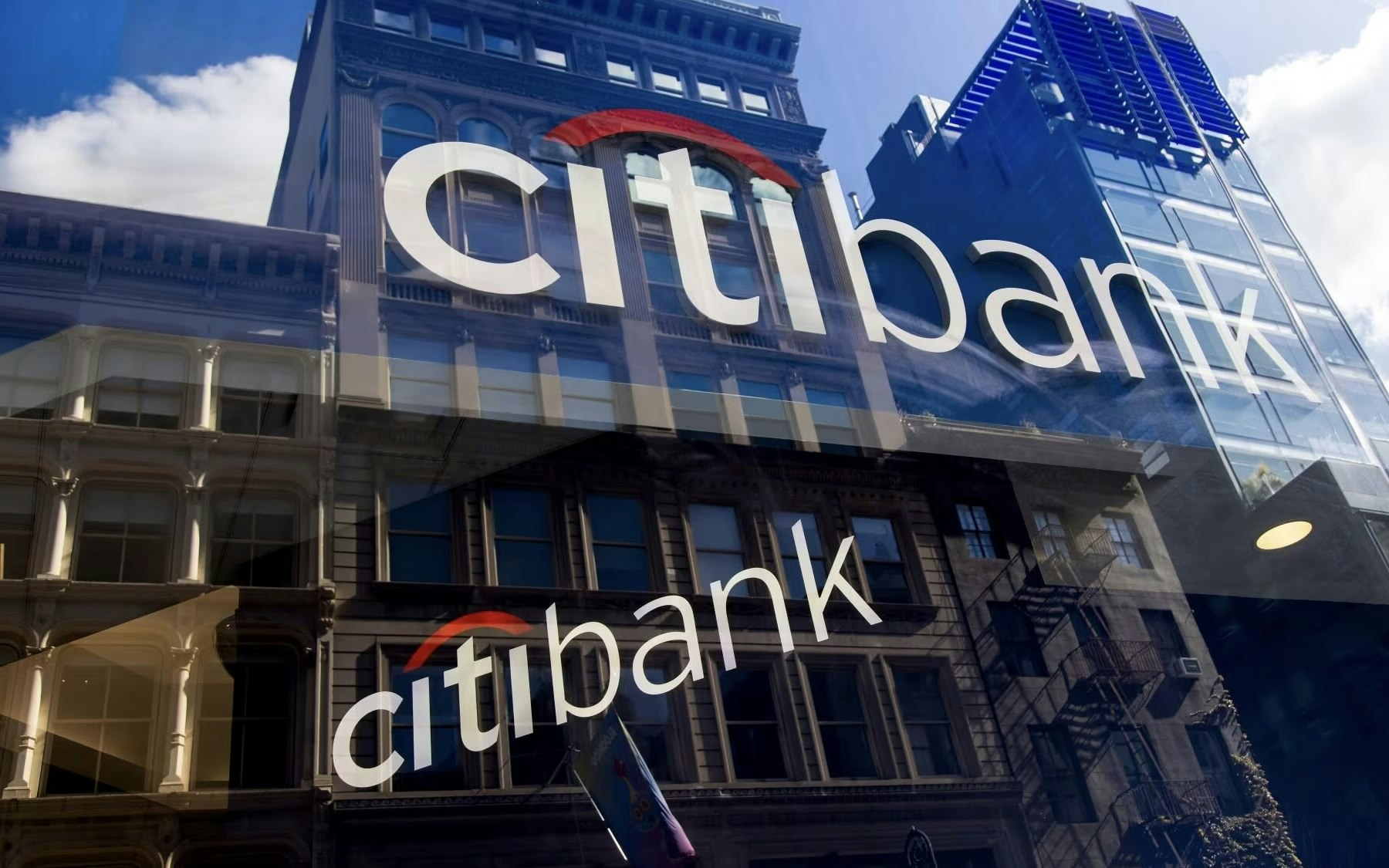Technology
Google's new search rules shake up recommendation sites – Freelancers lose source of income
Google's tightened search guidelines cause recommendation sites to plummet – freelancers lose jobs, publishers need to adjust their strategies.

Google's adjustments to the search algorithms pressure numerous product-related recommendation pages. Platforms like Forbes Vetted and CNN Underscored, which earned millions with consumer goods recommendations, experience drastic traffic declines – with partially existential consequences for the business models.
The new rules aim to improve the quality of search results. Particularly affected are sites that have content created by external authors or third parties. Google's "Site Reputation Abuse" policy, which was tightened last year, classifies content from non-directly employed authors as potentially problematic. The result: recommendation platforms that heavily rely on freelancers have been massively restricted in their visibility.
The consequences are dramatic. Forbes Advisor recorded an 83 percent drop in traffic in January compared to the previous year. CNN Underscored and Buy Side from WSJ also lost more than 25 percent of their search volume. Some platforms, including Time Stamped and AP Buyline, have already ceased their affiliate models.
For freelancers, this means the loss of an important source of income. Christian de Looper, a tech writer for over ten years, lost around 25 percent of his income: "I understand that Google wants to prioritize high-quality content. But why should it matter whether an article is by an employee or a freelancer?
Publishers are under pressure.
Industry giants such as the New York Times (Wirecutter) and Vox Media (The Strategist), whose content is predominantly produced in-house, remained largely unaffected by the changes. Many publishers hope that a greater focus on full-time writers will secure their reach in the long term.




